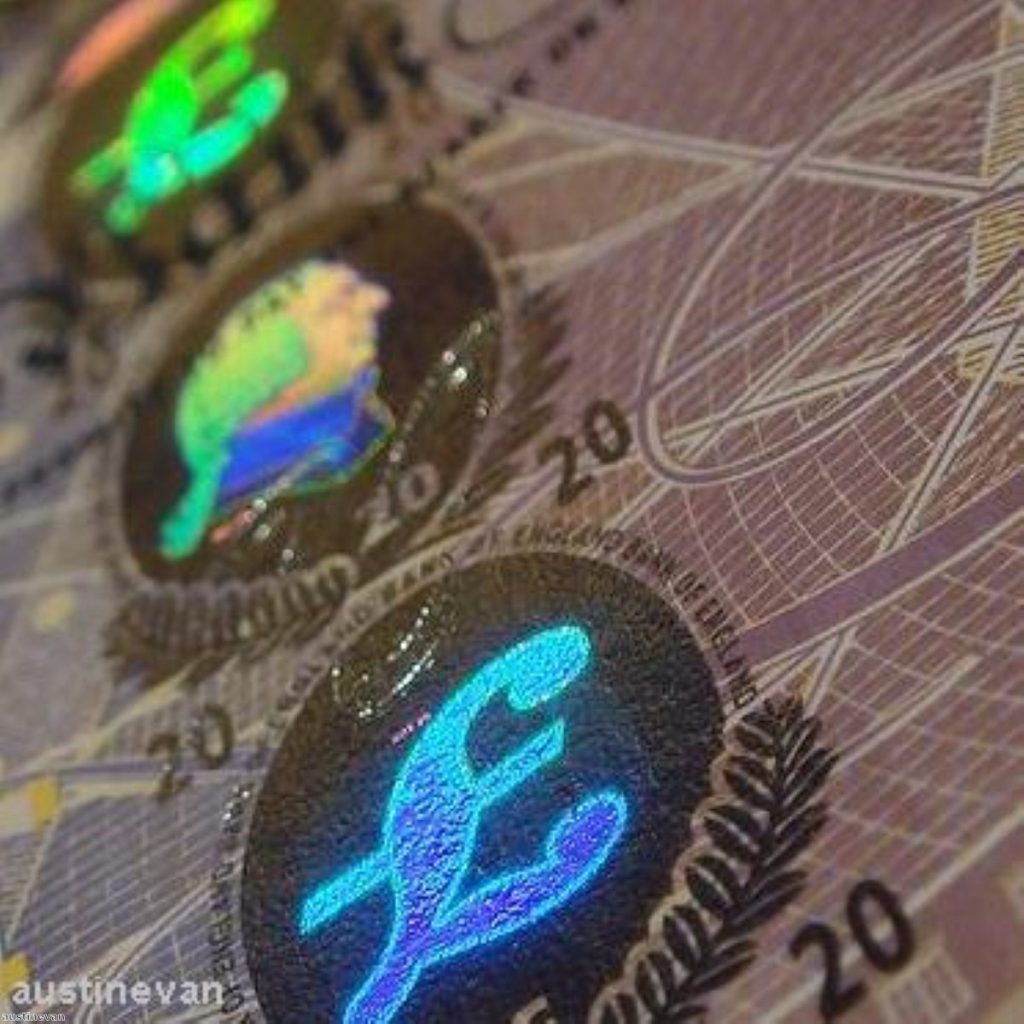Still stagnant: UK growth falls to 0.2%
By Alex Stevenson Follow @alex__stevenson
Britain's GDP growth slipped to just 0.2% in the second quarter, prompting fears that the economy is drifting back towards recession.
The decrease from the 0.5% growth seen in the first three months of the year is broadly in line with analysts' predictions.
Special factors including the royal wedding, after-effects of the Japanese tsunami and the effects of record warm weather in April had a negative impact, the Office for National Statistics (ONS) said.


"Our overall broadbrush and illustrative analysis suggests they may together have substracted around half a per cent of GDP from the figure which would otherwise have occurred," the ONS' Joe Grice said.
The CBI said 'special factors' had been raised for three quarters in a row – beginning with the heavy snowfalls which chancellor George Osborne was mocked for using as an excuse.
"There is likely to be some bounce back over the autumn, but it's clear that the underlying economic recovery remains fragile and difficult," chief economic adviser Ian McCafferty said.
Both the service and construction sectors grew by 0.5%. But the production sector fell by 1.4%, thanks to a sharp fall of 6.6% from mining and quarrying and a drop of over three per cent in gas, water and electricity.
The slowing of growth is set to prompt a fresh round of attacks on the coalition's deficit reduction agenda. GDP growth has now been effectively stagnant for the last year.
"The positive news is that the British economy is continuing to grow. It is creating jobs," chancellor George Osborne said.
"It is positive news too that at a time of real international stability we are a safe haven in that storm. Our economy is stable at that time because the government has taken the difficult decision to get to grips with Britain's debts."
The opposition has blamed sweeping spending cuts and tax rises like the VAT hike to 20% as major factors limiting the recovery from recession, at a time when the global economy is making it harder for Britain.
"Every other major economy in the world has faced challenges like high world oil prices but their economies have continued to recover while Britain has barely grown at all over the last nine months," shadow chancellor Ed Balls said.
"At a time of global uncertainty, George Osborne's rash decision to hike up VAT in January and cut further and faster than any other major economy has caused confidence to fall and the economy to flatline since the autumn.
"He ripped up the foundations of the house as the global economic hurricane was brewing – undermining our recovery well before the recent problems in the eurozone and America and leaving us dangerously exposed if things now go wrong there."
TUC general secretary Brendan Barber said that, regardless of today's figure, most people were suffering a "personal recession".
He said the government's borrowing in June 2011 of £14 billion was more than the same figure in June 2010, £13.6 billion.
"A target of eliminating the deficit in just four years always looked as if it came from what others might call 'right-wing nutters', rather than sensible economics," he said, referring to business secretary Vince Cable's description of Republicans blocking an increase in the US' debt ceiling.
"We desperately need a plan B based on growth and investment, and an economic strategy that understands that the deficit is a symptom of what’s wrong in our economy, not its cause."
Analysts say the Bank of England, split three ways between doves, hawks and fence-sitters, may be pushed into a fresh round of quantitative easing as a result of today's disappointing figures.












